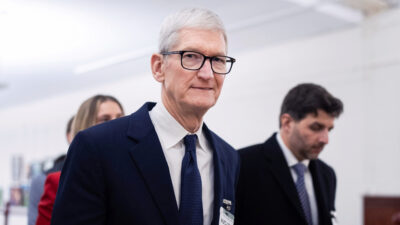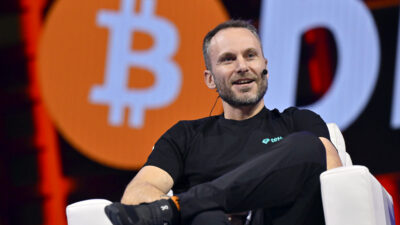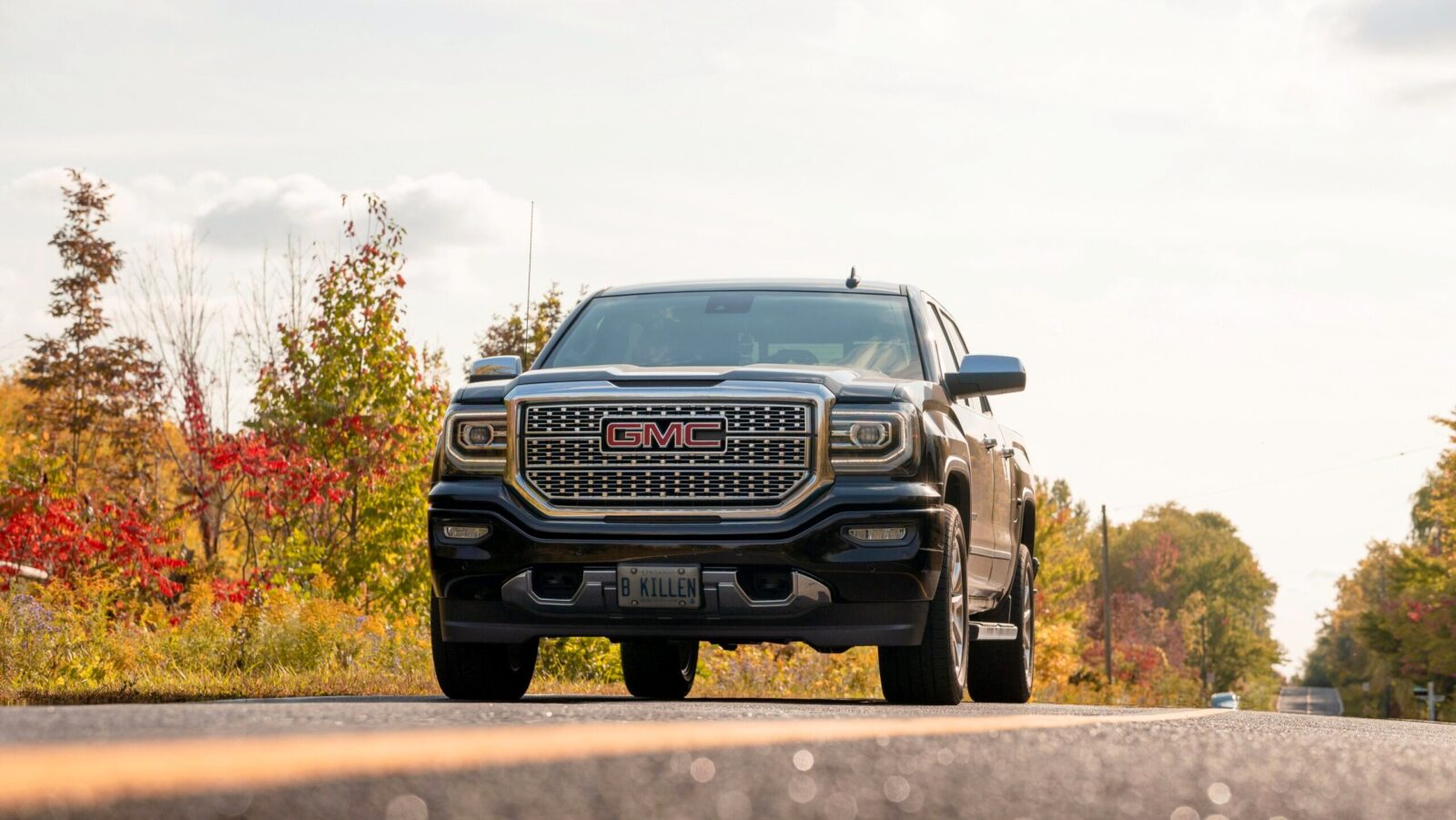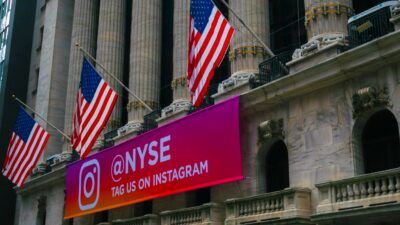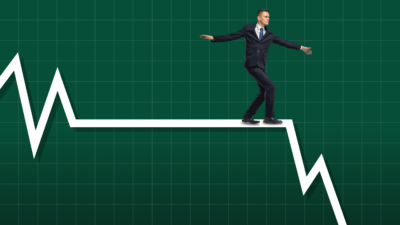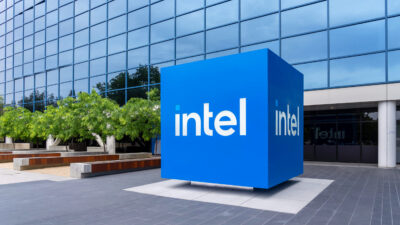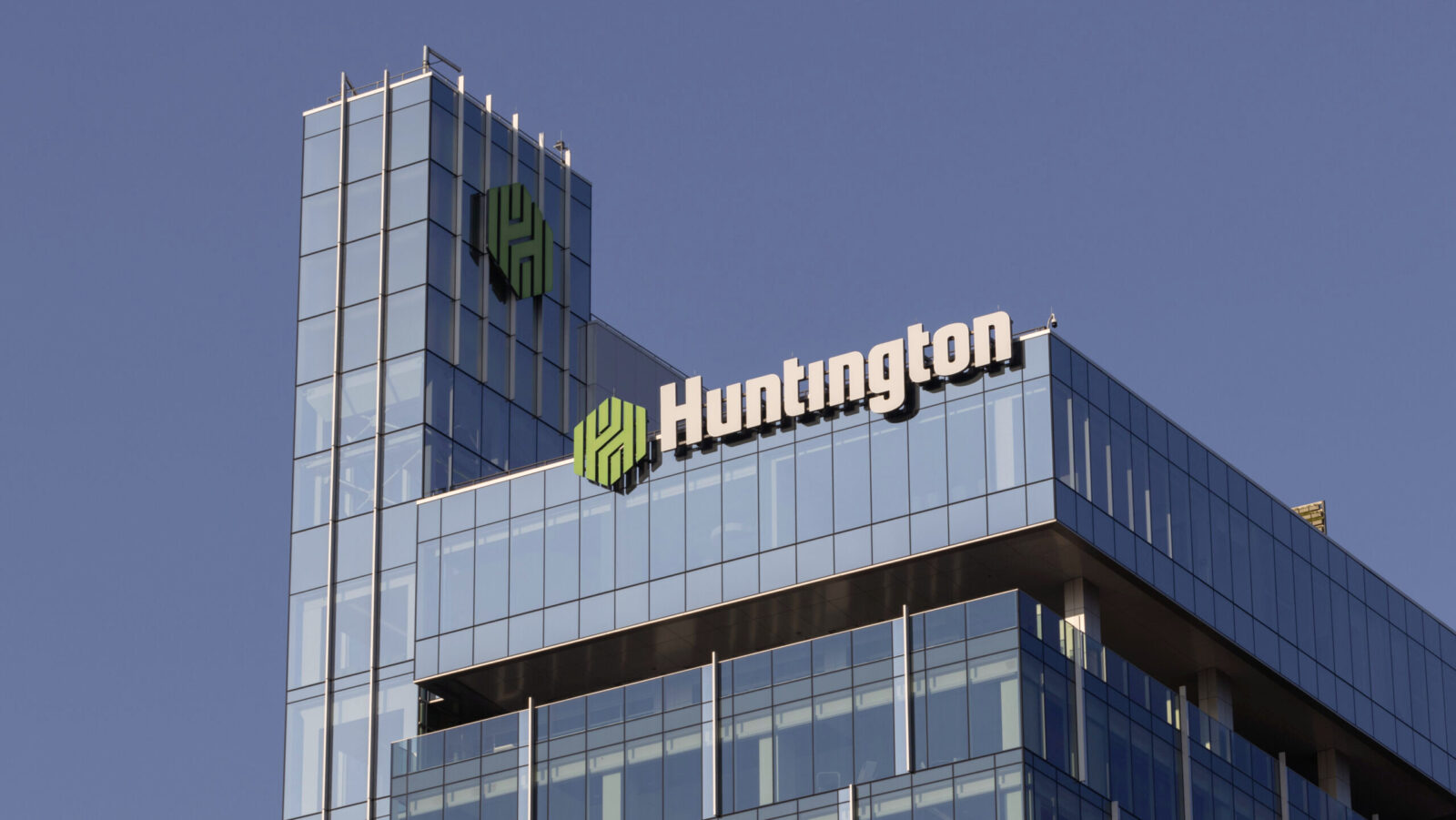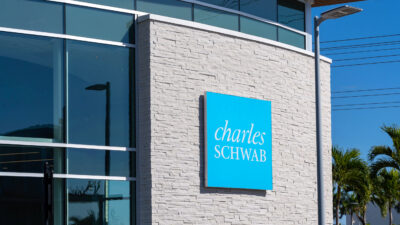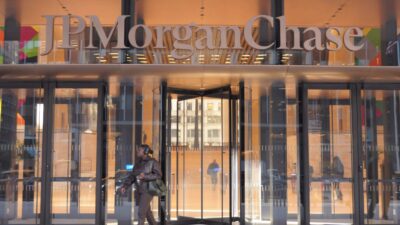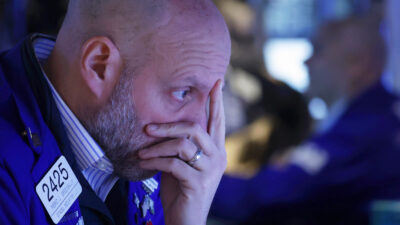Berkshire Shares Tumble as Buffett Has Five Months Left at the Helm to Make a Big Deal
Berkshire’s stock has slipped more than 13% since Buffett announced in May that he would step down at the end of the year.
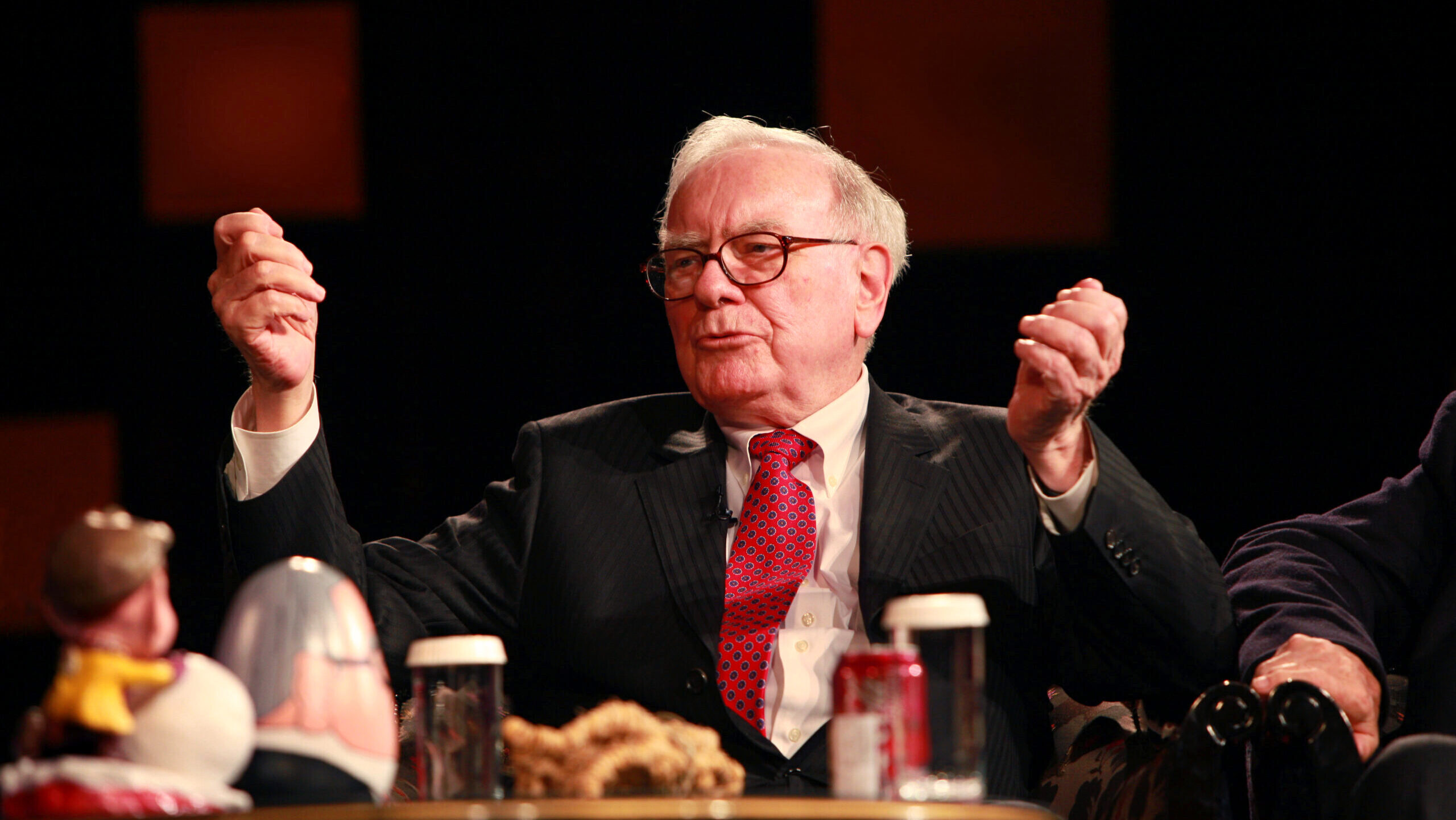
Sign up for smart news, insights, and analysis on the biggest financial stories of the day.
Shrinkflation has hit Omaha in more ways than one.
Berkshire Hathaway shares fell 3% on Monday after the conglomerate revealed a multibillion-dollar writedown on its investment in Kraft Heinz, the packaged food giant dinged by critics in recent years for shrinkflation — or reducing portion sizes — and whose shares have tumbled 12% this year. With just five months until legendary CEO Warren Buffett is slated to step down, the results also suggested there’s room for him to pull off one last move before retiring to a life of Dilly bars and Coke.
Stubborn
First, there’s what’s gone wrong at Kraft. When Berkshire invested in motorcycle manufacturer Harley Davidson in 2009, Buffett explained: “I kind of like a business where your customers tattoo your name on their chest.” And packaged food, no matter how addictive, doesn’t have brand loyalty on par with how hirsute bikers feel about their hogs.
Berkshire said it took a $3.8 billion impairment charge for its investment in Kraft Heinz, with its stake written down to $8.4 billion from roughly $17 billion in 2017. The investment, which now looks like a rare swing and a miss for Buffett, looked reasonable when Berkshire lent Kraft a hand when it bought Heinz in 2015. But the 2020s have brought years of high, compounded inflation weighing on shoppers; at the same time, some 12% of Americans say they have taken GLP-1 diet drugs, which reduce junk food cravings. The S&P 500’s packaged foods and meats index is down 5.5% this year, with Kraft Heinz competitor General Mills notably down over 20%. But that one blip doesn’t explain Berkshire’s tumble on its own:
- Buffett has said repeatedly in recent years that he thinks the stock market is overvalued — that would appear to be his view of his own company, which trades at about 1.5 times its book value, as Berkshire didn’t make any stock buybacks in the second quarter, something it’s held off on since May 2024. Overall, Berkshire was a net seller of stocks for the eleventh quarter in a row, selling $6.9 billion and buying $3.9 billion in an affirmation of Buffett’s view that things are a bit pricey.
- Buffett has kept his powder dry in search of a deal worth it to him, which has inflated Berkshire’s cash levels, which rose $10 billion from the first quarter to $344 billion in cash and equivalents as of the end of June. That means Buffett has plenty to spend on, say, CSX, which Berkshire reportedly wants to acquire to pair with its BNSF Railway in order to compete with the pending merger of Union Pacific and Norfolk Southern that would create a transcontinental rail giant.
Taking Care of Businesses: Berkshire’s stock has slipped more than 13% since Buffett announced in May that he would step down at the end of the year, handing the reins to Greg Abel. While some have reasonably speculated Berkshire could lose its so-called “Buffett Premium” when he retires, he’s leaving behind a resilient business anchored in fundamentals, the very kind of company the Omaha Oracle himself is known to fancy. Berkshire’s profit fell 4% year-over-year to $11.1 billion in the second quarter, mostly the result of a 12% decline in profit from insurance underwriting — which could be hurt by tariffs if auto parts become pricier and increase claims costs — but profits at the conglomerate’s energy, manufacturing, railroad, and retailing businesses all rose.


